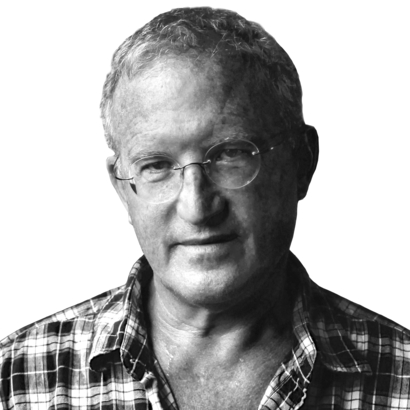Differ We Must: How Lincoln Succeeded in a Divided America by Steve Inskeep
There has never been, nor will there ever be, a time when living politicians are generally admired. Even Abe Lincoln, in death so revered, was reviled while he lived—indeed, he was finally murdered by one of his haters.
Democracy places leaders in a bad position. To govern, they must navigate whatever middle ground can be found between political extremes. Even in doing this well they are called indecisive or two-faced. Any decision vexes one side and very often displeases both.


